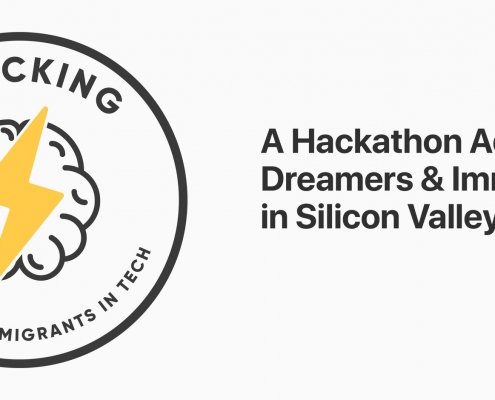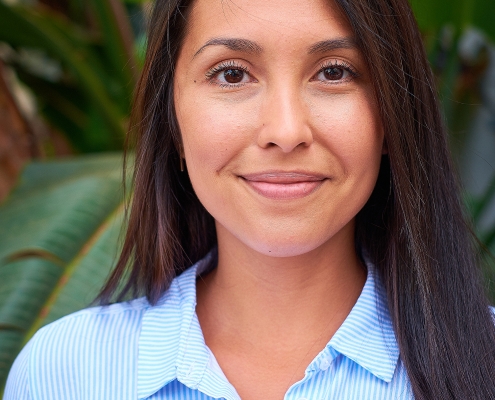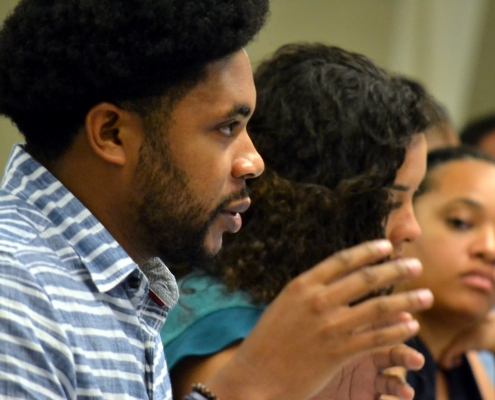
UCLA Dream Resource Center Sponsors Hackathon
By Kent Wong Director, UCLA Labor Center The UCLA Labor…

Word of Mouth: What an LA Auditory-Verbal Preschool Classroom Is Teaching Me About Spoken Language Development
By Kristella Montiegel PhD Student, Sociology, UCLA It’s…

Undocumented Stories Exhibit Visits Museum of Latin American Art
By George Chacon Dream Resource Center Project Manager,…

The Collaborative Multiracial Post-Election Survey Welcomes Scholars From Around the Country to UCLA
UCLA looks forward to welcoming a diverse and inter-generational…

